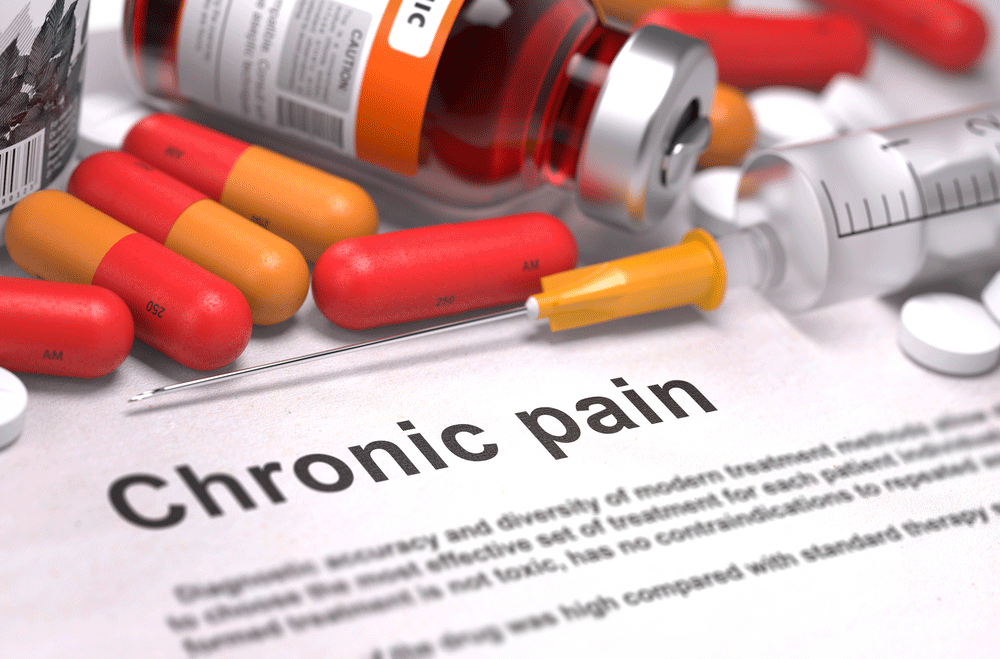The myth that opioid painkillers are an effective treatment for chronic pain has been debunked.
A new study published in the journal Current Oncology Reports states that opioid painkillers not only interfere with the body’s natural way of dealing with pain, but could actually extend the pain’s history, increase the risk of depression, impaired wound healing, and even death for those who are long-term opioid painkiller users.
“Opioid utility in the management of pain diminishes with duration and dose, the study states. “There are significant delayed side effects and adverse events clinicians need to take into consideration when treating patients with pain.”
The study, which was conducted by physicians Mellar Davis and Zankhana Mehta from Geisinger Health System in Danville, Penn., focused on the adverse risks associated with chronic (more than three months) opioid therapy.
“The management of chronic pain should be clearly separated from acute pain,” the study states. “Opioid utility in the management of pain diminishes with duration and dose. There are significant delayed side effects and adverse events clinicians need to take into consideration when treating patients with pain.”
The study found that… (continue reading)

















